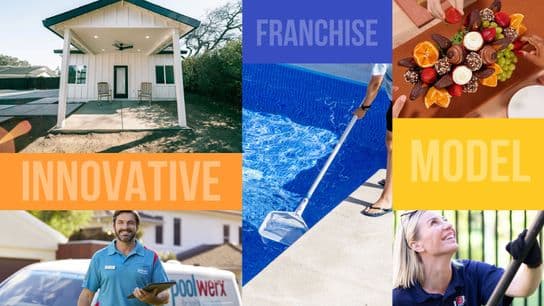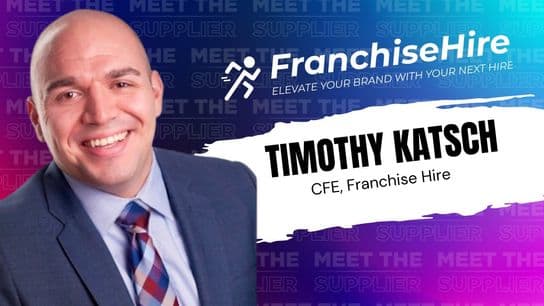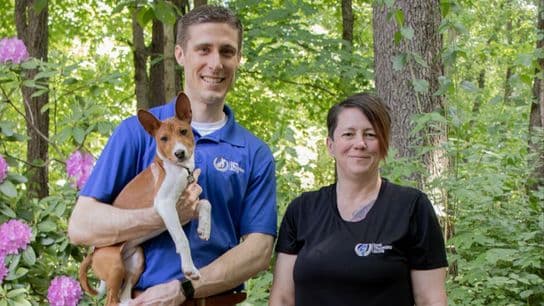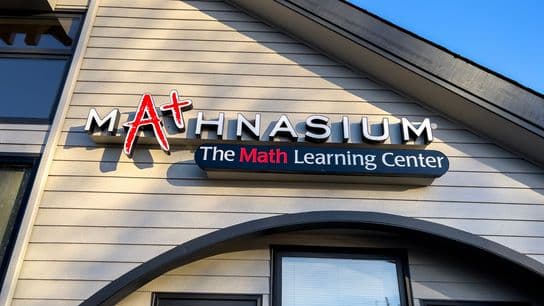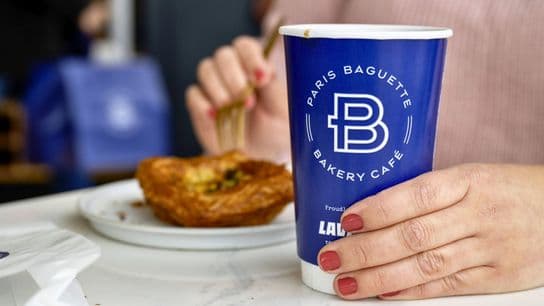Why Hired and Non-Owned Insurance is Essential for Most Franchises
EZ CERT’s Doug Groves on why most franchise brands can’t afford to forgo automobile insurance products
Insurance is simultaneously one of the most daunting and essential components of franchising. When a business becomes a franchise, it stops being responsible for the coverage of just a single business and assumes legal liability for an entire system of businesses, each owned and operated by independent franchisees, often across states with varying insurance requirements.
Ensuring compliance across every unit can be a complicated and time-consuming pursuit for franchisors, and the potential cost of non-compliance is more than most franchisors can afford. That’s why so many franchisors have partnered with EZ CERT, a franchise insurance support agency that proactively tracks and manages insurance certificates to ensure compliance across entire franchise systems.
One of the most common insurance products required by FDD’s is hired and non-owned auto insurance. Hired auto refers to rented vehicles or car services, non-owned auto refers to a vehicle that is not owned by the business, such as an employee’s car. Both products can cover employees in the case of an auto accident, making them most often associated with food delivery businesses, but as EZ CERT Principal Doug Groves points out, hired and non-owned insurance is an essential product for any business that might require an employee to drive while working for any reason.
“The minute an employee drives a car — theirs or yours — on the clock, you are exposed,” Groves said.
Hired and non-owned auto insurance are primarily for employees who drive their own cars for a work-related purpose, but both products cover the employer, not the employee. A commercial automobile policy, with hired and non-owned included, is recommended if vehicles are owned in the business name.
“When an employer has an employee drive for any reason, they are at least partially liable should an accident occur,” Groves said. “Hired and non-owned insurance covers that liability for the employers.”
That coverage is particularly crucial for franchisors, who Groves says wear a big target in the eyes of attorneys.
“If you’ve got an employee who wrecks on the way to making a delivery, and they are at fault, they may be sued, but as soon as the attorney finds out they were working on behalf of a business, they are going to have dollar signs in their eyes,” Groves said. “That goes double for franchises because they’ve got deeper pockets.”
Premiums for hired and non-owned insurance vary depending on the amount of driving employees on the job. For businesses where employee driving is incidental, Groves says premiums are minimal, but for delivery services and other driving-heavy jobs, premiums can become a major expense.
“The provider is going to take a good look at the exposure and charge an appropriate premium,” Groves said.
That can pose additional complications for franchise brands who have some locations that deliver and others that don’t deliver but might still require incidental coverage. Groves says that’s one of the main reasons franchise brands turn to EZ CERT.
“Some franchise brands have a lot of insurance requirements, and it can take a lot of time and effort to track each and every franchisee to make sure they have the right insurance coverage,” he said. “EZ CERT takes that off their plate, tracking every franchise location and ensuring compliance.”
Like most insurance products, no business is legally required to maintain hired and non-owned insurance, but foregoing coverage poses a risk Groves says most franchisors can’t afford.
“Especially if you are in the business of delivering a product, but for any business that requires employees to drive, you can’t afford to not have hired or non-owned insurance,” Groves said.”



